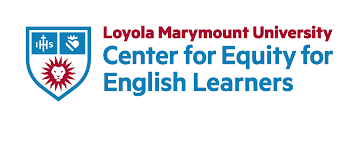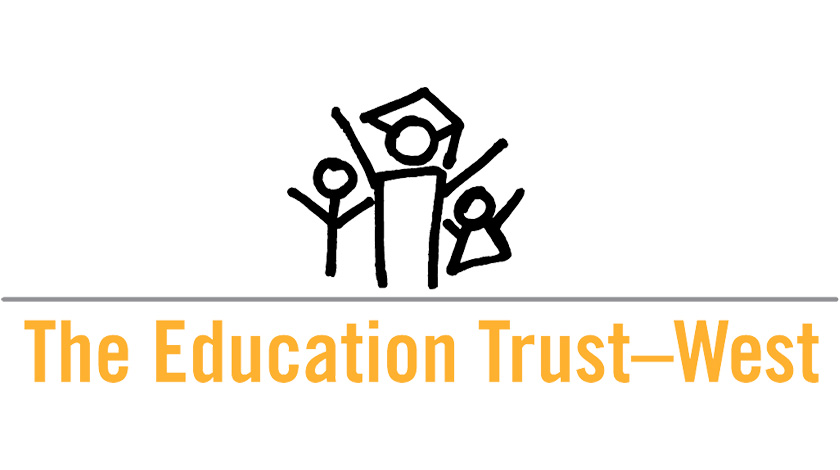Multilingual Learners at the Forefront in California’s Math Framework: A Webinar Series

Event Details
Free
What
A free monthly webinar series that will dive deeper into the resources created by ELSF, EdReports, EdSolutions, and UnboundEd for the California Curriculum Collaborative.
Series Description
Jack Dieckmann, Senior Advisor, Mathematics at ELSF, will introduce Julianne Foxworthy Gonzalez, a PhD candidate studying mathematics education with Judit Moschkovich at the University of California Santa Cruz. Her research focuses on 1) critical statistical literacy for all students, particularly those who have been minoritized and neglected in STEM classrooms; and 2) equitable mathematics education for multilingual learners. She obtained her Masters and teaching credential from San Jose State University and taught culturally, ethnically, and linguistically diverse 5th and 6th grade students in California public schools. She is a co-author of the English Learner Success Forum's Criteria for Review of Instructional Materials' Success in Addressing MLL Linguistic and Instructional Needs.
Session 1: The newly adopted California Math Framework lays out a promising vision for equitable access to math for multilingual learners and ALL students. This first session will highlight the framework's specific shifts and priorities that center multilingual learners, and will include HQIM design considerations that reflect those shifts. It will answer the questions:
- Why are HQIM essential for equitable math instruction for MLLs?
- What does the new CA Mathematics Framework say about MLLs and HQIM?
- How do we know if materials are centering the assets and needs of MLLs?
Session 2: The newly adopted California Math Framework states that "Language needed for disciplinary thinking and concepts should not be taught in isolation, but in the context of what students relate to and need to know to access and communicate mathematical thinking." This session will answer the questions:
- How do we understand the simultaneous development of math content, math practices, and language development?
- What do language goals in instructional materials look like?
- How can materials describe how students will bridge between everyday and mathematical ways of communicating?
Session 3: The math framework puts a great deal of emphasis on students comprehension and analysis of spoken and written math texts, as well as the creation of presentations and written math texts. These language rich features require a great deal of collaboration with peers, teachers and with the texts themselves. This session answers:
- How can instructional materials support teachers in facilitating collaboration?
- What are the features of truly collaborative math tasks?
- How might tasks require students to both interpret and produce language?
Session 4: The framework requires that instruction be responsive to students' current language development in relation to content so that they engage meaningfully and develop ever more precise language skills. This session offers content developers ways that they can build in support for teacher facilitation of that language development. This sessions answers:
- How can instructional materials support teachers’ noticing of student language use and offer suggestions for how to respond in ways that support learning goals?
- How can materials amplify language while maintaining task and text complexity?
- How can materials include guidance for grouping structures that ensure equitable participation?
Session 5: The framework requires that materials forefront, value, and use the assets of students, including their home language, experiences, and beliefs, in the teaching of mathematics. How can these opportunities be built into HQIM? This session covers the following questions:
- How can materials activate and build on students’ home and community math practices?
- How can materials guide teachers to elicit and affirm students’ strengths and experiences and connect these to mathematics learning?
- How can materials explicitly guide teachers to create opportunities for students to use home language & practices as resources for learning?
Session 6: The framework states that "Recognizing the interdependency of disciplinary language and content, teachers are recommended to formatively assess students’ use of language in the context of mathematical reasoning over time." How can content developers build in formative assessment opportunities that support language and content development? This session answers the questions:
- How can materials include language goals in assessments?
- How can materials guide teachers in gathering, analyzing, using, and communicating language and content data from formative assessments (in a cycle of continuous improvement)?
Who
Anyone interested in designing materials with CA’s math framework and multilingual learners in mind. The primary audience is math content developers but anyone is welcome.
When
Once a month for six months from Jan 2024 to June 2024. See the dates below.
Save the Dates
- Tuesday, January 30, 2024: 9am-11am PST / 12pm-2pm EST
- Tuesday, February 27, 2024: 9am-11am PST / 12pm-2pm EST
- Tuesday, March 26, 2024: 9am-11am PST / 12pm-2pm EST
- Tuesday, April 30, 2024: 9am-11am PST / 12pm-2pm EST
- Tuesday, May 28, 2024: 9am-11am PST / 12pm-2pm EST
- Tuesday, June 25, 2024: 9am-11am PST / 12pm-2pm EST
How
Live virtual webinars. Recordings will be available following the live event. Registration required.
Developed in Partnership with the CA HQIM Advocacy Coalition and Learning Community:





